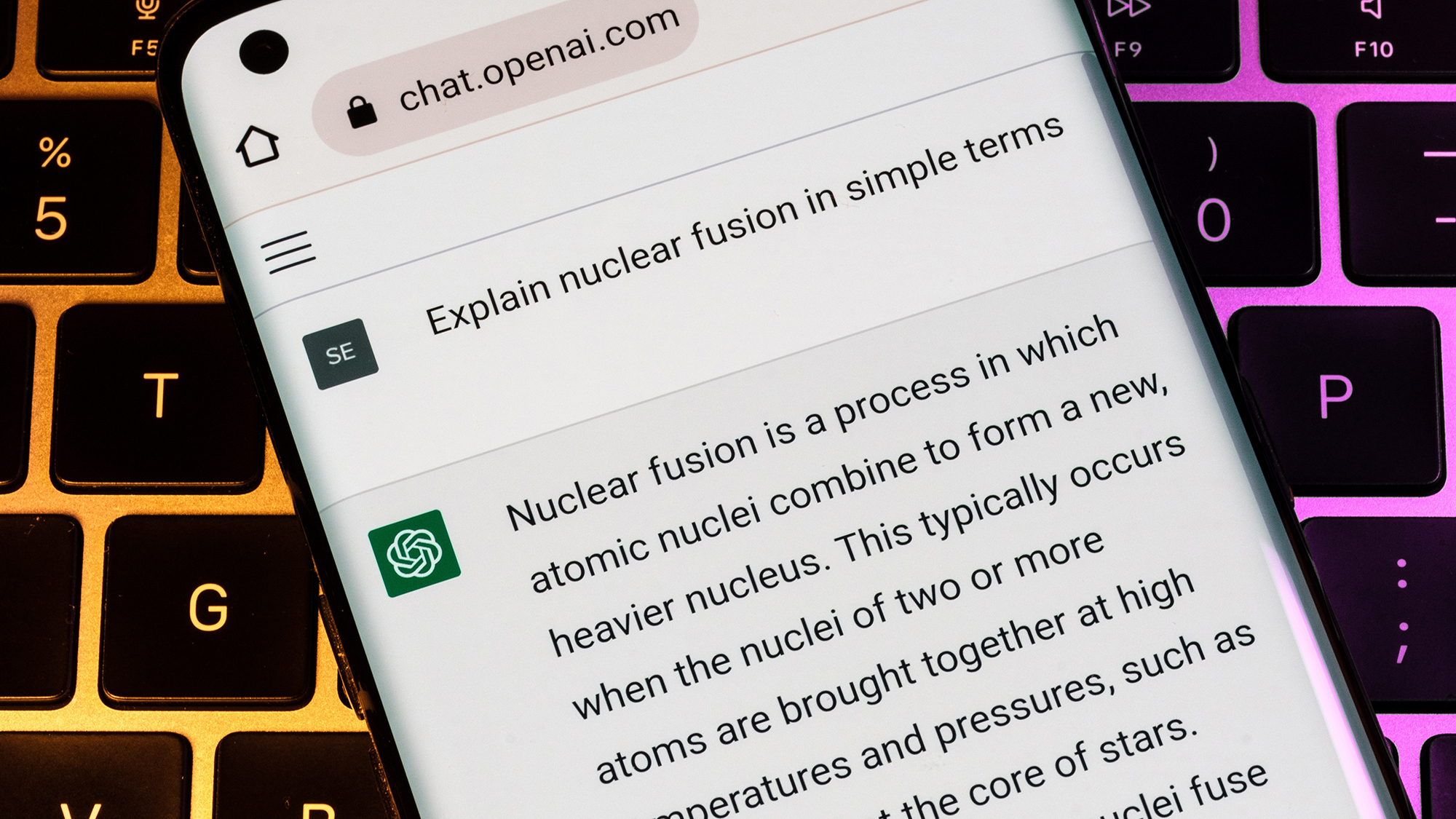ChatGPT is about to invade hundreds of apps — here’s why
Open AI releases an API to let developers integrate ChatGPT into their apps

OpenAI, the minds behind ChatGPT and its image-generating equivalent Dall-E 2, has launched developer kits to the world to allow the AI-powered chatbot into more apps and software.
The ChatGPT API (application programming interface) will allow developers to integrate the same model used in ChatGPT, known as GPT3.5 turbo, into their own apps. In fact, the likes of Snapchat have already started the process.
It may only have been publicly available for three months, but ChatGPT has already left its mark. It has arguably altered our perception of AI, scared Google into working on its own chatbot and even managed to resurrect Bing.
Despite this, high-profile mistakes made by the likes of Google Bard and Bing with ChatGPT have left many skeptical of its impact. But that's not curtailed users' appetite to use the AI tool, and look to integrate it into other software, hence we have the ChatGPT API.
What effect could the API have?
The API package includes the developer tools for ChatGPT, but also OpenAI’s Whisper speech transcription technology, both for a fraction of their previous price. The API isn’t for a general consumer audience but its impact likely will be.
Some of the early adopting apps are using ChatGPT technology as more than just a chatbot. Snapchat users can send each other AI-generated haikus based on prompts while studying app Quizlet is launching an AI tutor that can even test your knowledge.
AI integration on some level could be used in pretty much any app to improve user experience. Imagine telling Amazon that you’re hosting a party and it recommends what to cook and what to buy, or telling Netflix to find “something silly” or “tense."
Sign up to get the BEST of Tom's Guide direct to your inbox.
Get instant access to breaking news, the hottest reviews, great deals and helpful tips.
Should we be concerned about ChatGPT API apps
A healthy amount of skepticism is always useful, and there are definitely concerns about how much data the average person shares online. But the likes of Google and Apple have been collecting our data for years, provided you've not opted out of their data harvesting.
OpenAI has provided assurances that unless developers opt-in ChatGPT won’t use data from the API and will also be changing its data retention policy. It also confirmed that its users are the ones that own any input into and output from the model.
Beyond data use, it's important to note that AI tech is still in its infancy; we're a long way from Halo's Cortana or Star Trek's Data. And thus it can still make a lot of mistakes and serve up bizarre answers, meaning humans and the 'human touch' to content isn't likely to be replaced wholesale. But as the tech advances and gets added into more apps, there's a very strong chance that AI in some form or another will play a part in our lives, hopefully making life easier rather than replacing some jobs.
Andy is a freelance writer with a passion for streaming and VPNs. Based in the U.K., he originally cut his teeth at Tom's Guide as a Trainee Writer before moving to cover all things tech and streaming at T3. Outside of work, his passions are movies, football (soccer) and Formula 1. He is also something of an amateur screenwriter having studied creative writing at university.
